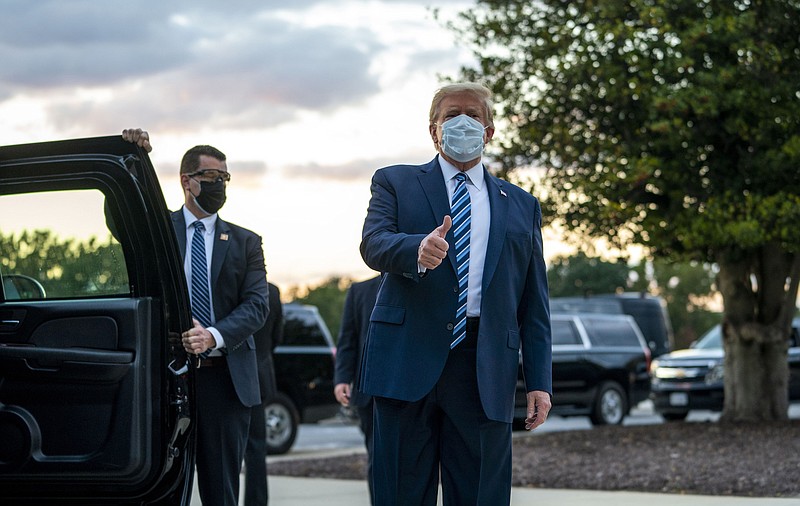SARS-CoV-2, the virus driving the COVID-19 pandemic, is readily transmitted by close contact with an infected person. Respiratory droplets carrying the virus are dispersed by speech, cough or sneeze and may travel several feet to infect a bystander. In a closed environment with poor air circulation, viral aerosols may persist for hours.
Once infected, a victim will experience symptoms two to 14 days later. A minority of infected people will have no symptoms but can be contagious. An infected person can spread the virus to others for two to three days before symptoms develop. A diagnostic test will be positive three to five days after exposure. Common symptoms include fever, cough, nasal congestion and discharge and headache. Loss of taste and smell is a symptom unique to COVID-19. An infected person is no longer contagious 10 days after onset of symptoms or at least three days after his fever subsides. Sicker patients may be contagious up to 21 days.
After contact with an infected person, quarantine should be maintained for 14 days.
Hope Hicks, a close adviser to President Trump, announced on Oct. 1 that her COVID-19 test was positive. She began quarantine. The president announced early on Oct. 2 that his and his wife's tests were positive. Both had been present at an event in the White House Rose Garden on Sept. 24 where few attendees wore masks or practiced social distancing. Other attendees, including White House staff members and guests, subsequently tested positive. The Trumps most likely became infected at this "super-spreader" event.
The president was hospitalized on Oct. 2 at Walter Reed National Military Medical Center. One account indicated his blood oxygen level had twice dipped below normal. Another reported cough and fever.
Official updates by his physician gave few details and were sometimes contradictory. The severity of the president's illness was never defined. He was treated with multiple agents, including the antiviral Remdesivir, an experimental mixture of monoclonal antibodies, and Dexamethasone, a potent, synthetic corticosteroid - drugs usually given to sicker patients.
The president was discharged from hospital on Oct. 5. He walked from hospital to helicopter and from helicopter to White House where he appeared on the balcony, removed his mask, saluted, and signaled a thumbs-up. He soon returned to the Oval Office and on Oct. 10 delivered an address from a White House balcony.
Critical questions remain unanswered:
How much should the public be told about a president's illness? To what extent can the health of the president be kept secret by his staff? Does confidentiality of clinical records supersede the public's right to know about their leader's health?
Can the president order his physicians to withhold information from his staff and the public? Can he order his physician to discharge him from hospital before his treatment is completed?
Can the president's physician intervene if he observes deteriorating physical or mental health? COVID-19 patients may experience persistent neurological symptoms, such as mental fogginess, after acute symptoms subside.
The 25th Constitutional Amendment deals with presidential disability. Its powers may be invoked by the vice president and a majority of the Cabinet in the event of presidential illness. They may name the vice president as acting president until they deem the president's health to have recovered. This amendment is useless if the true state of a president's health can be kept secret.
A bipartisan commission appointed by Congress must address these concerns.
Contact Clif Cleaveland at ccleaveland@timesfreepress.com.
